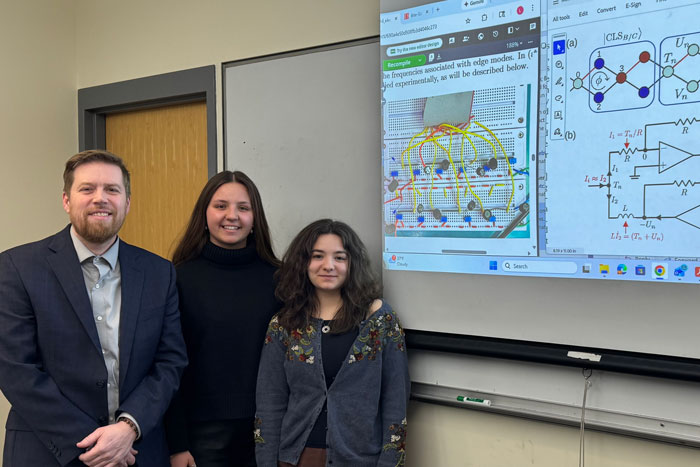
Bite-Sized Breakthroughs: Physics Looks at Nontrivial Excitations
Learn more about a student-faculty physics project that studies lattices of special geometries that support topologically interesting oscillatory modes.
The term "neuroscience" was coined in the 1960s to name an interdisciplinary field that focused on both the normal and abnormal structure and function of the nervous system.
That field now sits at the intersection of biology, chemistry and psychology, and the neuroscience major at Dickinson provides students with rigorous, laboratory-based exposure to the fascinating multidisciplinary study of the brain. Featuring advanced opportunities for research and integrated mentoring, the program is ideal for students planning graduate or professional study in neuroscience, biology, chemistry, psychology, medicine and other related fields.
Upper-division courses allow the student to bring research skills to bear in the laboratory and to integrate skill and knowledge gained in introductory courses. The elective requirements in the major allow students to explore the many facets of neuroscience, and students can then choose to focus on molecular or molar approaches to neuroscience; choose to emphasize biology, chemistry or psychology within their neurosciences major; and explore the ways other fields—such as anthropology, philosophy or sociology—intersect with neuroscience.
Jobs:
Graduate Schools:
“What I love best about the neuroscience major is learning about the nervous system and the brain, along with the coordination that happens between the brain and the body. I find this fascinating, because this dynamic system governs how we function as persons, and it controls simple and complex human behaviors. Aside from the amazing education, the best thing about my Dickinson experience is meeting new people from all over the world and learning about their cultures and ways of life.”
— Seblewongel Enyew '24

Learn more about a student-faculty physics project that studies lattices of special geometries that support topologically interesting oscillatory modes.
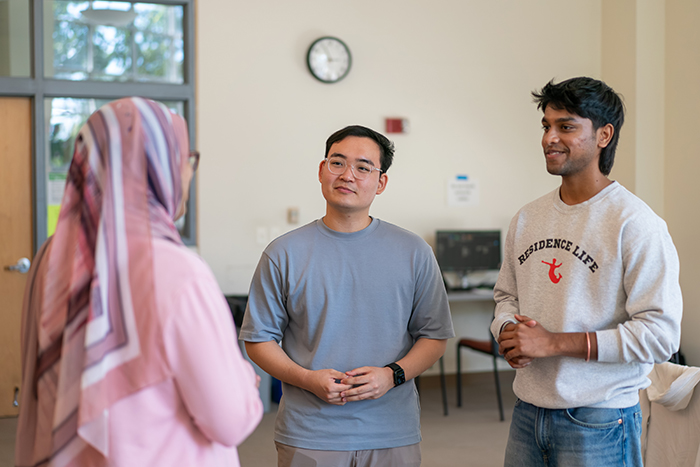
Battling spotty Wi-Fi and a 48-hour deadline, two students built an award-winning diabetes app from scratch at the world's largest college hackathon. Here’s their story.
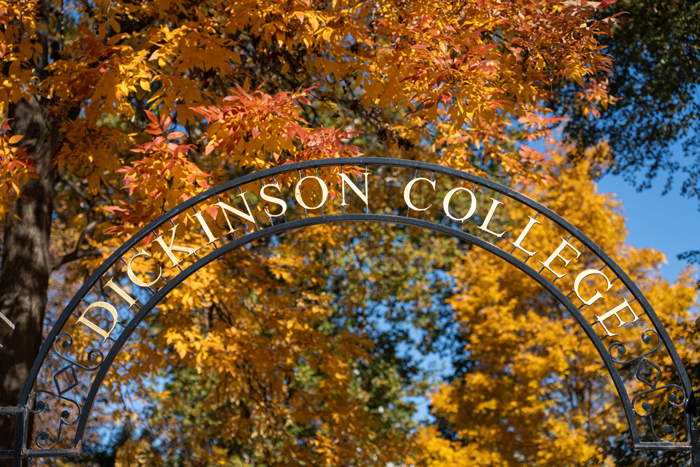
Discover how Dickinson students are gaining hands-on experience and advancing their medical and research careers through diverse healthcare internships across leading institutions.
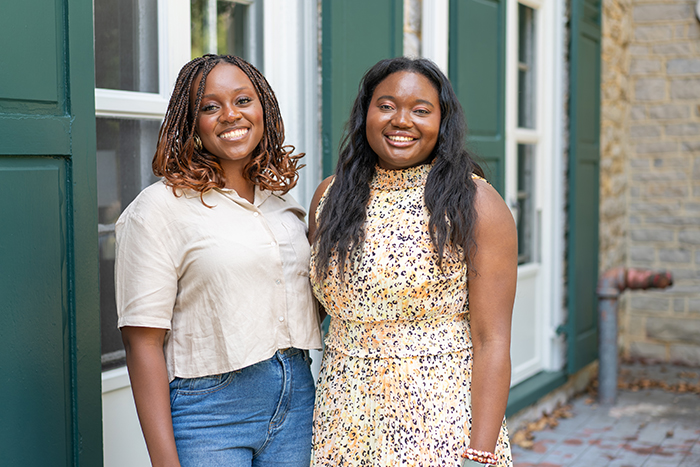
Two classmates, living on different continents, reconnected on campus. Both aim to improve lives in Africa-—one through economic development, the other, through health care and education.
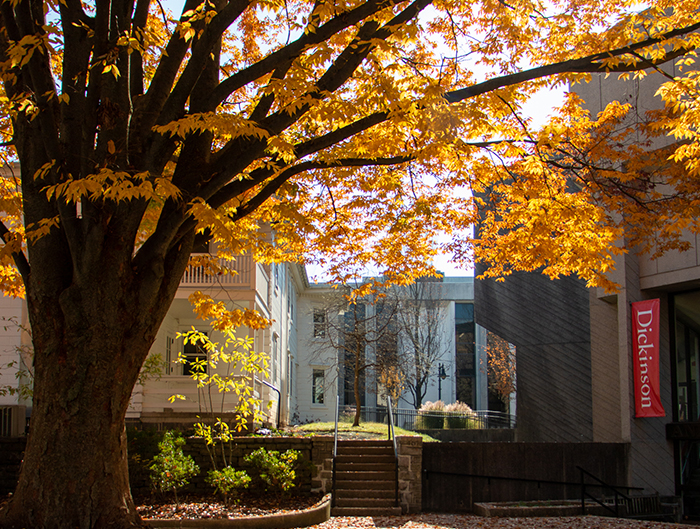
The Clarke Forum’s September events feature discussions on the neuroscience of music, the science of addiction, how to mobilize against gun violence and U.S. China relations.
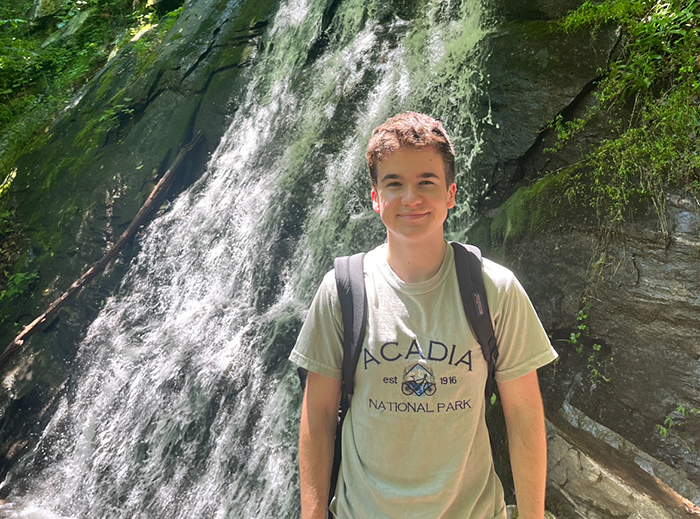
“It was awe-inspiring, and it confirmed my love of neuroscience.” Future neuroscientist Leo Burchell ’27 describes that remarkable moment, shares his appreciation for poetry and more.